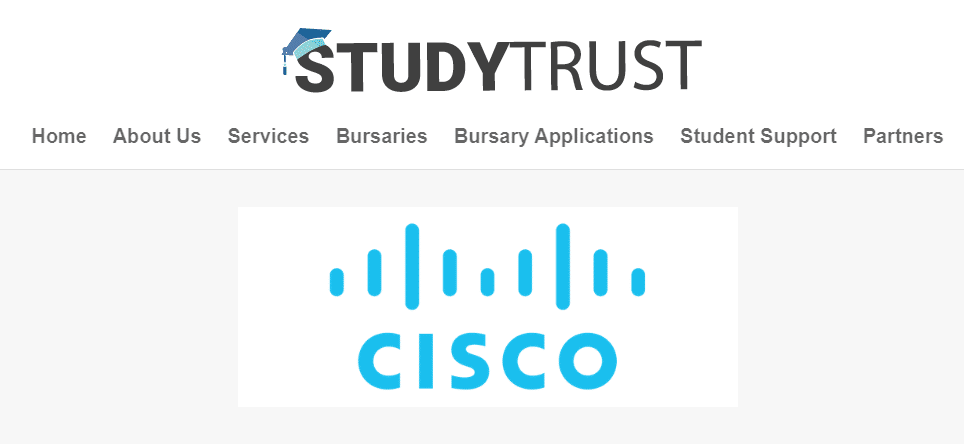The Cisco Foundation Charitable Trust South Africa bursary programme has announced its 2021 bursary recipients. At its core, the programme recognises the need to diversify the sector and provides resources to students from disadvantaged socio-economic backgrounds. This programme also demonstrates Cisco’s ongoing commitment to the transformation of South Africa through the promotion of education in the Information and Communication Technology (ICT) sector.
In South Africa alone, the demand for jobs and skills in the Information Technology sector is at an estimated 28% demand rate, while the supply of these skills from the South African youth is only at 7.5%.
Founded in 2008, The Cisco Foundation Charitable Trust is committed to developing the skills of the youth in South Africa. The Trust has a history of working with and funding several schools and NGOs in the education sector. In a continuous effort to promote development in the science and technologies fields, the Trust recently launched a bursary programme that supports students in degree programmes in the relevant fields of Computer Science, Computer Engineering, Software Engineering and Information Technology. In the last few years and notably during the pandemic, there has been increased interest within the ICT sector, and these students have become in high demand.
Charmaine Houvet, Chairperson for the Cisco Foundation Charitable Trust explained: “We considered 971 applicants for this year’s seven available bursary opportunities. The successful candidates were selected from an eventual shortlist of 31. Candidates are from a diverse range of backgrounds and are studying towards various qualifications in the ICT field. The seven successful candidates intend to specialise in cyber security, coding, financial technology and cryptocurrencies. We believe supporting these students will strengthen skills in the ICT sector and contribute to democratising access to technology in our country.”
The selected candidates had to demonstrate outstanding academic potential and were asked to supply their academic results from their first year of study (in the case of second year applicants), matric results as well as all notable academic achievements. Additionally, they were quested to submit a profile on their family background and life, career objectives, leadership roles, and future aspirations including any legacy initiatives they are driving.
“These individuals come from households whose combined incomes make it near to impossible to afford university fees, as well as not meeting the requirements to be funded by NSFAS. We aim to train these students for the industry, and not necessarily for roles within Cisco. Initiatives such as this are part of our goal to positively impact 1 billion people by 2025” concludes Houvet.
A recipient of the bursary programme, Thashil Naidoo mentioned: “Receiving this bursary has meant a lot to both me and my family. I was excited upon receiving this bursary as it has allowed me to alleviate the financial burden of university off my mother. I can now study stress free and I am looking forward to the amazing opportunities ahead, thanks to Cisco and StudyTrust.”
The Cisco Foundation Charitable Trust has contracted the national bursary organisation StudyTrust to provide the necessary bursary management services, including recruitment and selection of applicants, disbursement of bursary monies, monitoring of academic progress and student mentoring and psychosocial support. StudyTrust was founded in 1974 to combat inequality in educational opportunities in South Africa and in 2020 assisted companies, trusts, foundations and private donors to spend more than R125 million on learner and student funding and support.
” We believe that supporting and leading the education of South Africa’s youth is vital to the socio-economic growth of the country. Dedicated to continuing support of student funding programmes, the Trust chose to focus on the ICT field, helping students obtain their qualifications, as it understands that ICT is a critical enabler of economies globally and there are critical shortages of diversity within the sector” concludes, Houvet.


